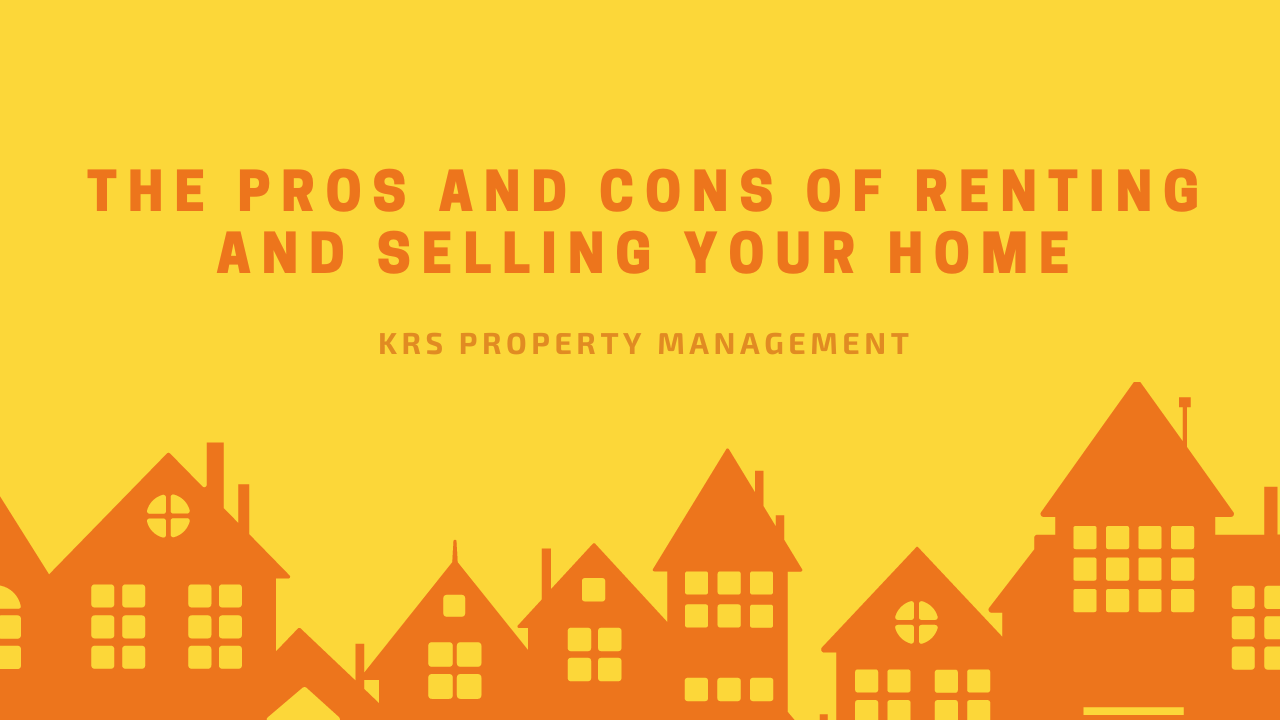
As a homeowner, you might find yourself at a crossroads when deciding what to do with your property—whether to sell or rent it out. Both options come with their own set of pros and cons, and the best choice depends on various factors such as your financial situation, housing market trends, and long-term goals.
The Pros and Cons of Selling Your Home
Pros of Selling
Immediate Cash Flow: One of the reasons to sell your home is the immediate financial payoff. If your property has appreciated over time, selling it can provide you with a significant cash infusion. This lump sum can help fund another investment, pay off debt, or provide a financial cushion for future endeavors.
Freeing Up Equity: Selling your home releases the equity you’ve built up over the years. This can be especially attractive if you have other investment opportunities to grow your rental portfolio, or if you need the money for significant life changes, such as moving to a new city or during retirement.
No Landlord Responsibilities: If you choose to sell, you won’t have to deal with the responsibilities that come with being a landlord. Managing tenants, property maintenance, and the occasional late-night repair request can be stressful, and selling removes these obligations entirely.
Capitalizing on a Hot Market: If the housing market in your area is booming, you may be able to sell your home for top dollar. In some cases, waiting too long can mean missing out on the highest possible price for your property.
Cons of Selling
Loss of a Long-Term Asset: Once you sell your home, you no longer own a piece of real estate that could appreciate even more in the future. Real estate is one of the few investments that tends to increase in value over time, and selling could mean losing out on future appreciation.
Taxes and Selling Costs: Selling your home comes with various costs, such as real estate agent commissions, closing costs, and potential capital gains taxes. These expenses can eat into your profits and make selling less appealing.
Potential Regret: Housing markets fluctuate, and selling during a temporary dip in prices might leave you regretting the decision later. If you sell and then realize you could have earned more by holding onto the property for a few more years, it can be a tough pill to swallow.
The Pros and Cons of Renting Your Home
Pros of Renting
Steady Income Stream: Renting out your home can provide a consistent source of passive income, by collecting monthly rent. If your property is located in a desirable area, you can charge enough rent to cover your mortgage and even earn extra profit each month.
Appreciation Over Time: By holding onto your property, you allow it to continue appreciating in value. Real estate historically increases in value over time, so by renting instead of selling, you can benefit from both monthly rental income and future appreciation.
Tax Advantages: Renting your property comes with several tax benefits. You can deduct various expenses associated with maintaining the rental, such as repairs, property management fees, and mortgage interest. Additionally, depreciation on the home can provide significant tax savings.
Flexibility: Renting offers more flexibility than selling. If you’re not sure whether you want to move permanently or are testing out a new location, renting allows you to return to your home in the future if circumstances change. Selling, on the other hand, is final—once it’s sold, you can’t simply change your mind.
Cons of Renting
Landlord Responsibilities: Renting out a property requires ongoing attention. As a landlord, you’ll need to handle tenant issues, manage repairs, and ensure the property is properly maintained. This can be time-consuming, especially if you’re new to the process or live far away from the property.
Vacancy Risk: There’s always a chance your property could sit vacant for a period of time, meaning you’ll need to cover the mortgage without any rental income.
Dealing with Tenants: Not every tenant will treat your home with care. Dealing with difficult tenants, late payments, or property damage is a potential downside to renting. Proper tenant screening is essential, but it’s not foolproof.
Given the advantages of renting, it often represents a more strategic long-term choice, especially if you’re financially stable and not in urgent need of cash. In addition, you can easily alleviate the drawbacks of renting by hiring a professional property manager to help you manage your rental business.
Conclusion
Deciding whether to rent or sell your home is a major decision that depends on your personal circumstances. However, for many homeowners, renting offers the best of both worlds: a steady income stream and the ability to hold onto a valuable asset that can appreciate over time.
By working with a professional property manager, you can enjoy all the benefits of renting without the headaches of managing the property yourself.
If you’re unsure about the right path, take the time to assess your unique situation. Renting might just be the key to maximizing your property’s potential while maintaining flexibility for the future. If you need help, don’t hesitate to contact KRS Property Management today!






